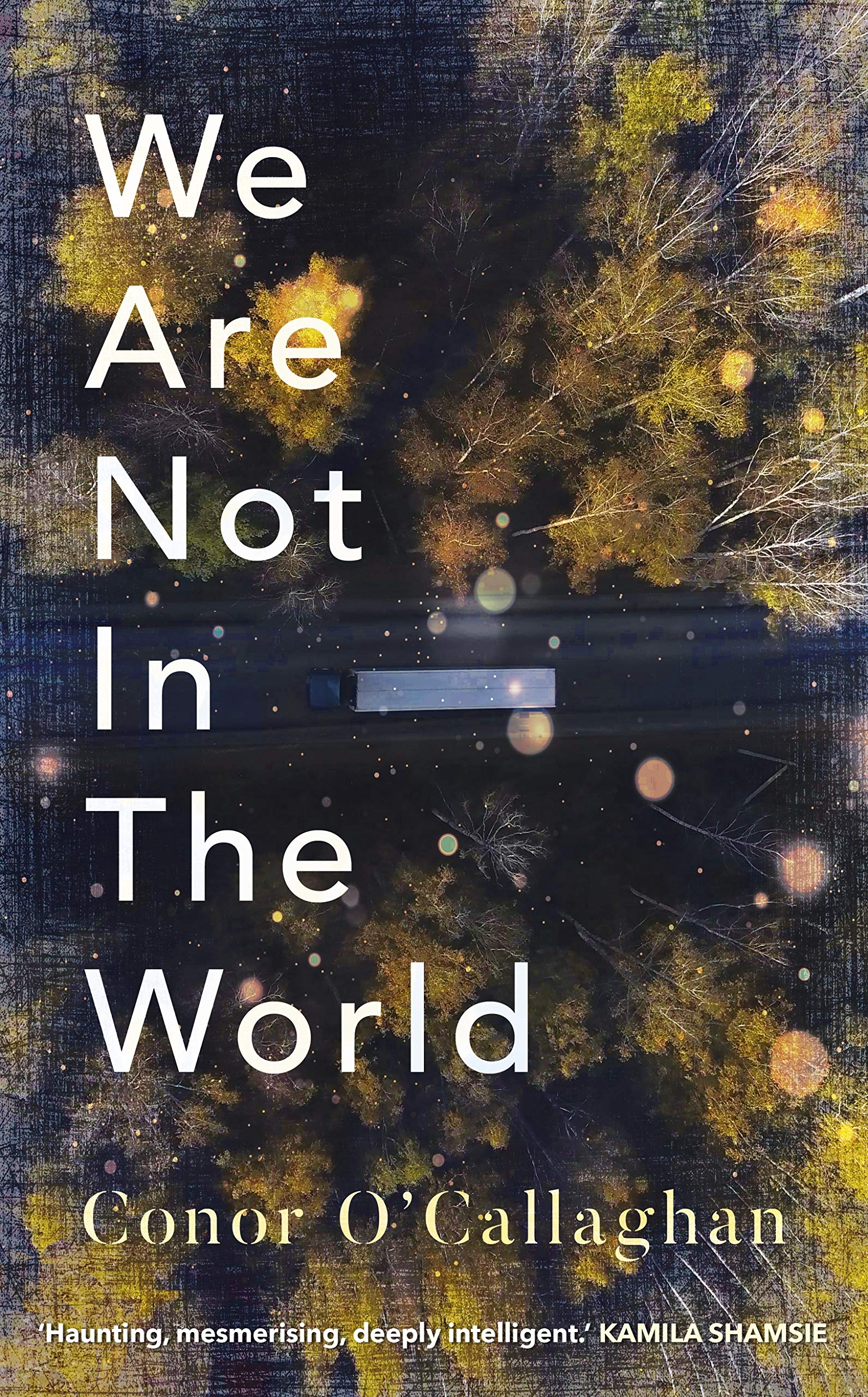Novels thin on plot always rely on their language for survival; barely any writers can get away with staying still for a whole book. If it works, then any more development would feel overwhelming: think of Beckett’s world, where nothing seems to happen, but in its stillness rests the power, inviting us to hang on to every movement.
Conor O’Callaghan’s new novel We Are Not in the World is not quite so static, yet carries the same effortlessness and trenchant depth of feeling, despite its seemingly unremarkable premise. Paddy, driving a lorry through Europe for a suspicious new employer, reminisces about his past love life and its consequences, while his daughter hides in the back of his truck.
Their conversation, which is where the real action lies, flows seamlessly, mixing humour, regret, spite, mockery. It lightens up the journey, as they switch between service stations and long motorways on a job that shows no sign of being fulfilled.
Paddy’s daughter Kitty tries to extract reasonings from her reticent father for her troubled childhood, but never gets far, their talk drifting on to casual jokes, memories, and repeated tales of Irish folklore. Sentences trail off, their endings left unfinished but obvious, as the two jostle wittily over the dark pretences. A stretch of the banal could easily pervade this book, but O’Callaghan’s writing is so precise, so penetrating and endearing, that it all comes together in a gripping way.
Lockdowns have taken income away from hundreds of Big Issue sellers. Support The Big Issue and our vendors by signing up for a subscription.

Barely anything happens; Paddy remembers his mother, he imagines speaking to his former partner about her own past, the prose switches back to his daughter, and her sarcastic questioning. But the language of this novel makes it memorable; the melancholy mix of self-deprecation as Paddy recounts his own words, playing with his own ordinary expressions and feelings, dragging the mundane out into a perfectly expressed light.









